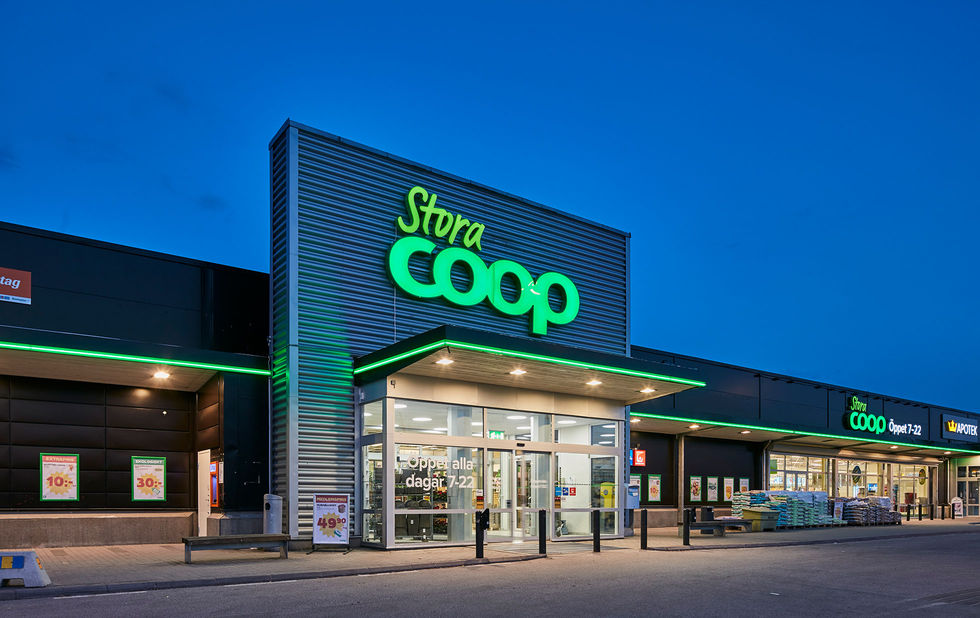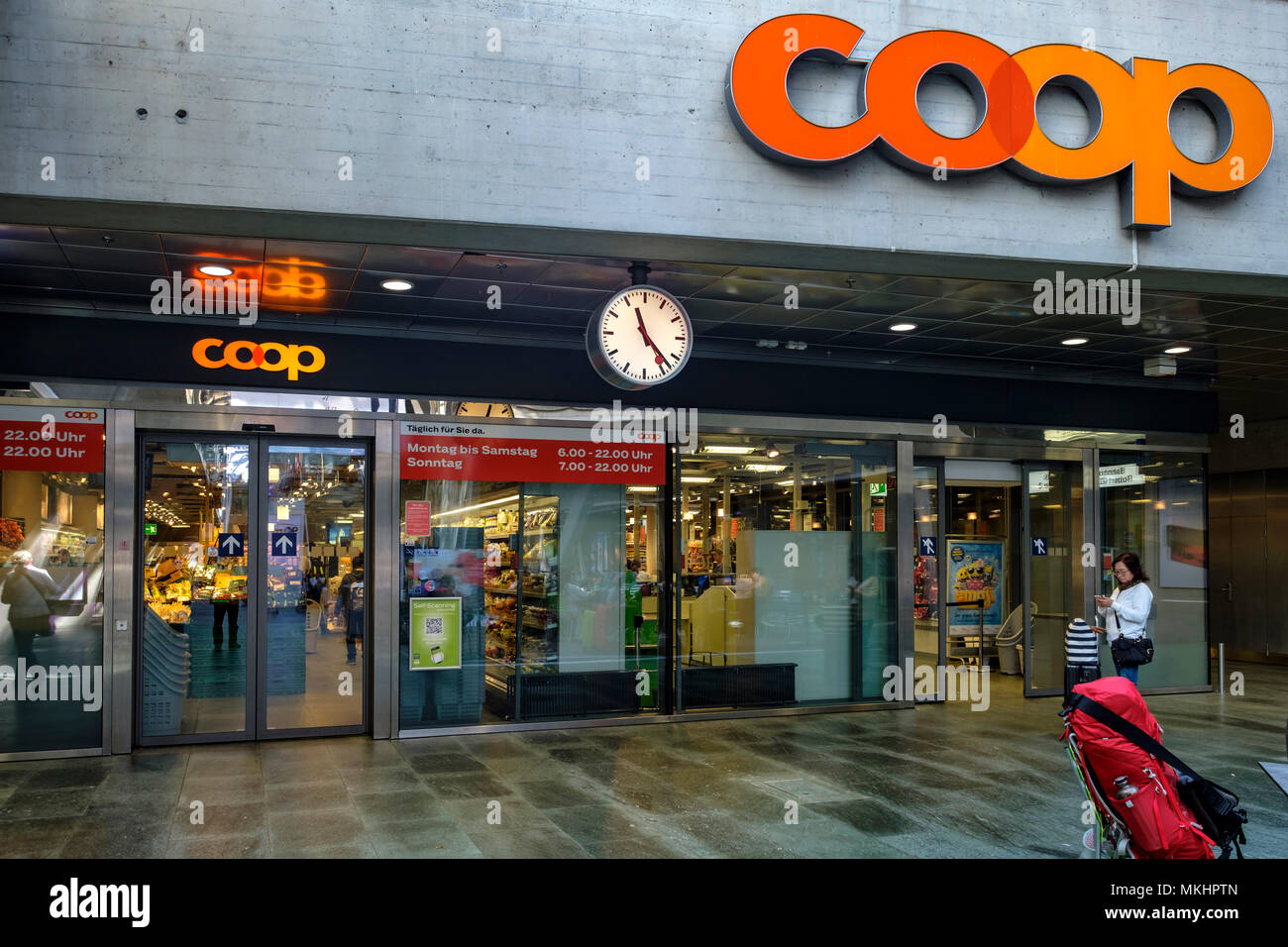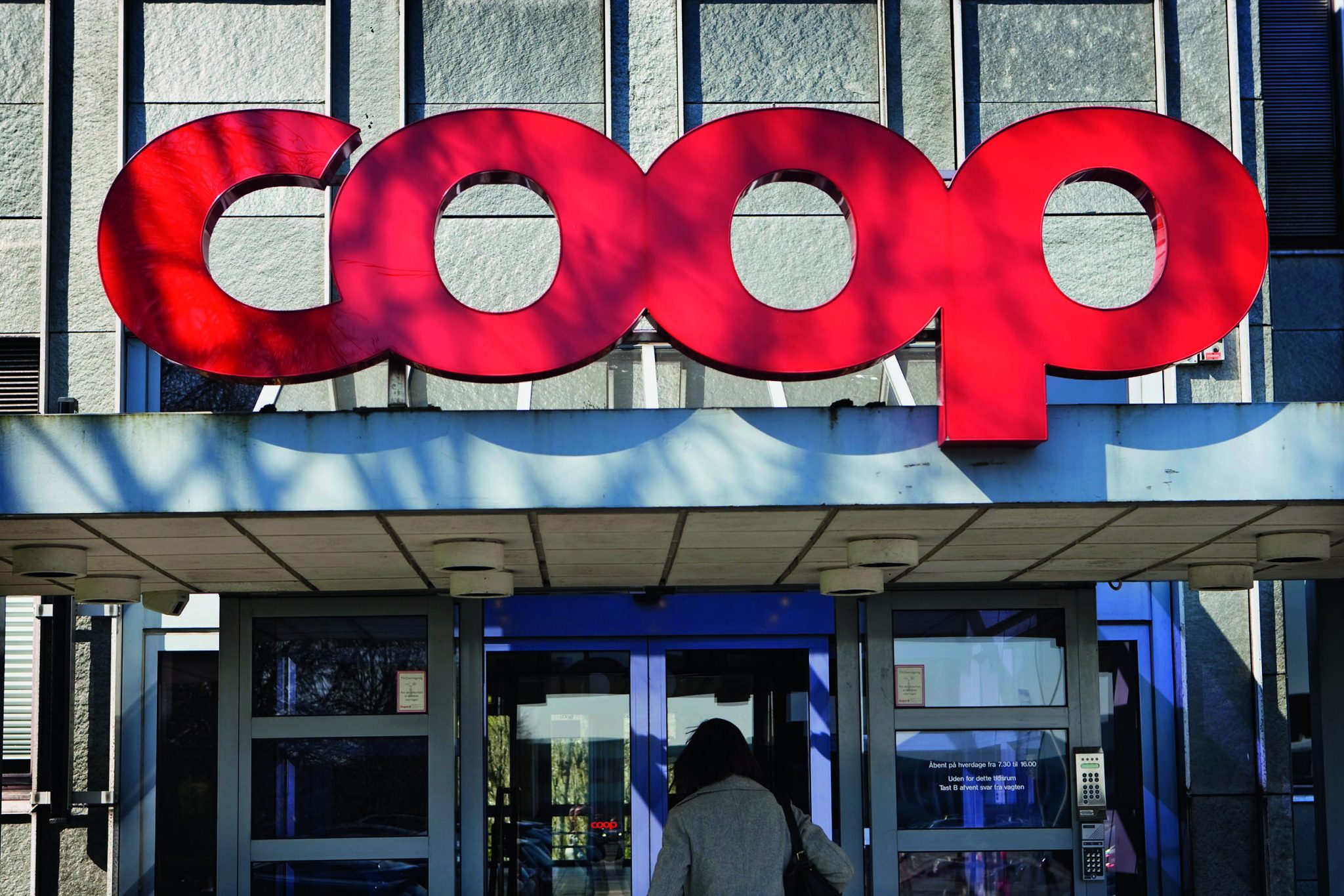When we think about higher education in the United States, there is, you know, a pretty special kind of experience that often comes to mind for many students. It is, in a way, a chance to really put what you learn in classrooms into practice, out there in the actual world. This particular path, often called Co-operative Education, or "Co-op" for short, stands as a rather unique part of the learning journey for countless individuals, offering a distinct flavor to how one prepares for what comes next after their studies. It is, basically, about blending academic pursuits with real-world activity, creating a very rich and practical educational blend.
This approach to learning is, in some respects, a true hallmark of many American educational systems. It provides, quite often, a seamless bridge between the theoretical lessons picked up from books and lectures and the practical demands of a workplace. You see, it is not just about getting a brief glimpse of a job; it is more about stepping into a role for a significant period, really becoming a part of a team and contributing in a meaningful way. This kind of hands-on involvement helps shape a student's understanding, giving them a good feel for what their chosen field is truly like, and, you know, helping them figure out where they might fit in. It is, arguably, a very practical way to learn.
For those who choose this path, the "Co-op all American" experience, as it is sometimes thought of, becomes a very integral part of their academic life. It is, after all, a period where you are still considered a student, but your classroom is, for a time, a place of business or an organization. This means that you are learning by doing, by observing, and by participating in daily operations. It is a system that, quite often, aims to provide a deeper, more sustained exposure to a profession than, say, a typical summer job might. It is, basically, about getting real experience while you are still working on your degree, which is, in a way, a very smart approach to preparing for a career.
Table of Contents
- What is Co-op Education, Really?
- The Heart of a Coop All American Experience
- How Does a Coop All American Program Work?
- The Time Commitment for Coop All American
- Are There Special Rules for International Students in Coop All American?
- Understanding the Details of Coop All American for Students from Abroad
- Why Consider a Coop All American Opportunity?
- The Bigger Picture of a Coop All American Experience
What is Co-op Education, Really?
So, you might be wondering, what exactly is this thing called Co-operative Education? Well, it is, in a way, a rather specific kind of practical learning that many colleges and universities offer. It is not just a quick visit to a company or a short stint for a few weeks; it is, more often than not, a much more involved arrangement. Typically, this experience happens when a student is a bit further along in their academic career, perhaps during their third or fourth year of study. This timing is often chosen because, by then, students have, you know, built up a good base of knowledge from their coursework, making them more ready to apply what they have learned in a real work setting. It is, basically, about giving students a chance to truly step into a professional role before they even graduate, which is, in a way, a very sensible approach.
The core idea behind a Co-op, in some respects, is to blend academic learning with practical, paid work experience. It is a structured program where students spend a significant amount of time working in a field related to their studies. This means that, for a certain period, the student is not just attending classes; they are, in fact, working full-time, just like any other employee. This arrangement allows them to gain a much deeper appreciation for their chosen profession, seeing firsthand how theories translate into daily tasks and how different parts of an organization function together. It is, basically, a way to get a head start on a career while still being a student, which is, you know, a pretty good deal for many.
The Heart of a Coop All American Experience
The very heart of a "Coop all American" experience, you could say, lies in its capacity to offer students a genuine taste of professional life. It is about more than just getting a paycheck; it is about, in a way, becoming a contributing member of a team, taking on responsibilities, and facing real-world challenges. This kind of immersion helps students develop skills that are, frankly, hard to pick up in a classroom setting alone. Things like problem-solving on the spot, communicating effectively in a professional environment, and learning to work with different kinds of people become second nature. It is, basically, a period of intense growth, where academic theories meet practical application, creating a very well-rounded individual. This is, you know, a pretty important aspect of personal and professional development.
- Postcard Cabins
- Dave Hollister
- Coop All American
- Prince Of Egypt Voice Actors
- Crazy Scary Spooky Hilarious
Moreover, these experiences are often deeply integrated into the academic curriculum, meaning that the work a student does during their Co-op is, in some respects, recognized as a valuable part of their education. This might involve reflective assignments, presentations, or even course credits, depending on the specific program. It is, essentially, a partnership between the academic institution and the employer, both working together to provide a holistic learning opportunity. This collaborative spirit is, arguably, a key element of what makes the "Coop all American" model so effective. It is, in a way, a win-win situation for everyone involved, giving students a real leg up as they move from student life to professional life.
How Does a Coop All American Program Work?
So, how does a Co-op program actually work in practice? Well, it is, in some respects, a pretty structured arrangement. Typically, a student will take a break from their regular classes for a specific period to work full-time at a company or organization. This work is usually, but not always, paid, providing students with some financial independence while they gain valuable experience. The duration of these work periods can vary quite a bit, but they often last for a good stretch of time, allowing students to really settle into their roles and contribute meaningfully. It is, basically, a period where the student's primary focus shifts from textbooks to real-world tasks, which is, you know, a pretty big change of pace.
The placement itself is usually arranged through the university's career services office or a dedicated Co-op department. These offices work to connect students with employers who are looking for temporary, full-time help and who are willing to provide a learning experience. Students will often go through an application and interview process, just like they would for a regular job, which is, in a way, a very useful practice for their future job searches. Once placed, they are expected to perform the duties of their role, learning from experienced professionals and contributing to the team's goals. It is, basically, a chance to see how a real workplace operates from the inside, which is, you know, an incredibly valuable opportunity for personal and professional growth.
The Time Commitment for Coop All American
When it comes to the time commitment for a "Coop all American" experience, the general idea is that students will be working full-time. This means dedicating their regular working hours, usually about 40 hours a week, to their Co-op placement. The length of these placements can vary, but a common duration is anywhere from about four months to a full year. This is, in a way, a rather significant chunk of time to dedicate solely to work experience, which really sets Co-ops apart from shorter internships. It allows students to get beyond the initial learning curve and truly contribute to projects, seeing them through from start to finish. It is, basically, a deep dive into a professional role, giving them a very thorough understanding of what their chosen field involves.
This extended period of work means that students often get to take on more responsibilities and become more integrated into the company culture. They are not just observers; they are, in fact, active participants, which is, you know, pretty important for building a strong resume and developing a professional network. The longer duration also provides ample opportunity for mentorship and feedback, allowing students to refine their skills and learn from experienced colleagues. It is, basically, a concentrated period of professional development, helping them figure out what they like, what they are good at, and where they might want to go after graduation. This commitment, in some respects, pays off in a very big way.
Are There Special Rules for International Students in Coop All American?
Now, when we talk about "Coop all American" experiences, it is important to remember that for students who come from other countries, there are, in fact, some specific rules that apply. Generally speaking, international students who are here on certain types of visas are not typically allowed to work full-time off-campus during their regular academic terms. This is a pretty important distinction to keep in mind, as it affects how they can participate in these kinds of programs. The rules are put in place to ensure that their primary purpose in the country remains their studies, and any work they do is directly related to and supportive of their educational goals. It is, basically, a way to make sure everyone is playing by the rules, which is, you know, pretty standard for visa regulations.
However, this does not mean that Co-op opportunities are completely out of reach for international students. Far from it, actually. There are specific provisions, often through programs like Curricular Practical Training (CPT) or Optional Practical Training (OPT), that allow international students to gain work experience that is directly related to their field of study. These programs are, in some respects, designed to provide the very kind of practical experience that Co-ops offer, but they come with their own set of requirements and application processes. It is, essentially, about making sure that any work undertaken is an integral part of their academic curriculum, which is, you know, a very key point for these students.
Understanding the Details of Coop All American for Students from Abroad
For students from abroad who are considering a "Coop all American" experience, understanding the specific details is, frankly, very important. The rules about working off-campus can be a bit nuanced, and they depend on the type of visa a student holds and the specific regulations set by immigration authorities. This means that an international student usually cannot just, you know, go out and get any full-time job off-campus. Their work must be directly connected to their academic program and often requires authorization from their university's international student office. This office plays a very crucial role in helping students navigate these requirements, ensuring they stay compliant with their visa terms. It is, basically, about being very careful and informed about what is allowed, which is, you know, a very responsible approach.
These specific rules are in place to ensure that the work experience complements the student's academic journey and does not, in some respects, detract from their primary purpose of studying in the United States. So, while the general rule might be that full-time off-campus work is not permitted during regular school sessions, programs like CPT allow for structured, educationally relevant work experiences, including Co-ops, to take place. It is, essentially, a system that tries to balance the need for practical learning with immigration regulations, providing a pathway for international students to gain valuable professional exposure while remaining in good standing. This careful balance is, you know, a very important part of the whole process for these students.
Why Consider a Coop All American Opportunity?
So, with all these details in mind, why might someone want to consider a "Coop all American" opportunity? Well, there are, in fact, quite a few good reasons. First off, the practical experience you gain is, frankly, invaluable. It is one thing to learn about theories and concepts in a classroom, but it is quite another to apply them in a real-world setting, solving actual problems and working with real people. This kind of hands-on learning helps solidify your understanding and gives you a much clearer picture of what your chosen profession truly entails. It is, basically, about moving from abstract ideas to concrete actions, which is, you know, a very effective way to learn and grow.
Beyond the immediate learning, a Co-op can also be a very powerful tool for career preparation. It allows you to build a professional network, meeting people who are already working in your field and potentially forming connections that could lead to future job opportunities. You also get a chance to test out different roles or industries, helping you figure out what you truly enjoy and what kind of work environment suits you best. This kind of clarity before you even graduate is, in some respects, a huge advantage, helping you make more informed decisions about your first job after college. It is, basically, about getting a head start on your career path, which is, you know, a pretty smart move for anyone.
The Bigger Picture of a Coop All American Experience
Looking at the bigger picture of a "Coop all American" experience, it is clear that these programs offer more than just work experience; they offer a chance for significant personal and professional development. Students often return from their Co-op terms with a renewed sense of purpose, a clearer direction for their studies, and a much stronger understanding of their own strengths and areas for growth. This kind of practical application of knowledge can make subsequent academic courses feel more relevant and engaging, as students can now connect what they are learning to real-world scenarios they have experienced. It is, basically, about bringing your education to life, which is, you know, a very rewarding feeling.
Ultimately, a Co-op is about bridging the gap between the academic world and the professional world. It is about equipping students with the practical skills, the professional demeanor, and the industry insights that are so highly valued by employers. For many, it becomes a defining part of their university experience, shaping their career aspirations and providing a solid foundation for their future endeavors. It is, basically, a very effective way to prepare for what comes after graduation, giving students a real edge as they step out into the working world. This kind of preparation is, in some respects, truly invaluable for anyone looking to make a meaningful impact in their chosen field.
The information provided here focuses on the nature of Co-operative Education, its typical duration, the full-time student status during these periods, and the general restrictions concerning full-time off-campus work for international students, highlighting that specific regulations and authorizations apply for those from abroad to participate in such programs.
Related Resources:



Detail Author:
- Name : Quincy Kuhn
- Username : shanahan.jayce
- Email : ydach@gmail.com
- Birthdate : 1984-04-10
- Address : 241 Tierra Cliffs North Lola, AK 58066-9363
- Phone : +1 (959) 209-0231
- Company : Marquardt, Sanford and Koch
- Job : Sales Representative
- Bio : Itaque dicta sapiente explicabo at. In et delectus et error distinctio dolore. Eveniet voluptatem eos tempora consequuntur vitae rerum.
Socials
instagram:
- url : https://instagram.com/ejaskolski
- username : ejaskolski
- bio : Pariatur repudiandae fuga et vero rem. Voluptas ratione quisquam nam sit qui.
- followers : 1442
- following : 2344
linkedin:
- url : https://linkedin.com/in/emmalee.jaskolski
- username : emmalee.jaskolski
- bio : At non ex repudiandae et velit ut.
- followers : 3582
- following : 318